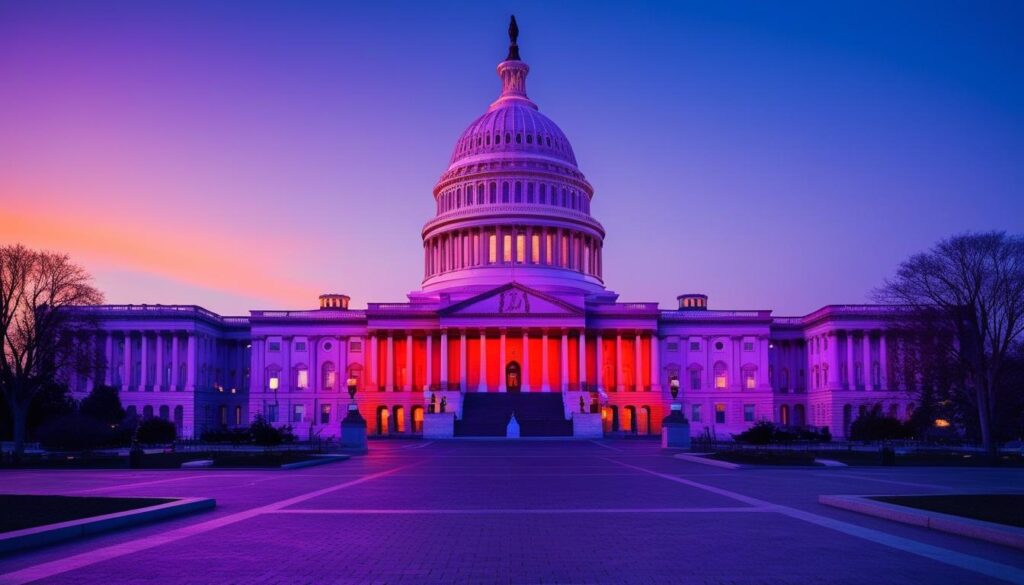Dubai’s Virtual Assets Regulatory Authority (VARA) has introduced new Marketing Regulations and guidance concerning the promotion of virtual assets within the United Arab Emirates (UAE), effective from October 1, 2024. These regulations apply to all businesses engaged in marketing virtual assets, regardless of whether they possess a VARA license for Virtual Asset Activities, which require regulatory oversight.
Entities aiming to market virtual assets to consumers in the UAE must adhere to these new rules, with potential penalties for non-compliance reaching up to AED 10 million. VARA was established in 2022 under the Dubai Virtual Asset Law, and it is responsible for regulating and overseeing virtual asset activities within Dubai.
Before the implementation of the new Marketing Regulations, the marketing landscape for virtual assets was primarily governed by two Administrative Orders which outlined basic marketing principles. The new regulations replace these orders and establish a more comprehensive regulatory framework that broadly defines marketing to include various promotional activities, including airdrops and educational content.
Certain exemptions exist within the Marketing Regulations, particularly for journalistic and educational materials, as well as personal communications. However, these exemptions still require compliance with stringent guidelines. Businesses marketing virtual assets to the public must ensure adherence to all relevant UAE laws, which extend beyond the Marketing Regulations to include data protection and consumer protection laws.
Both domestic and international firms are subject to these regulations, necessitating either a VARA license or approval from a licensed Virtual Asset Service Provider (VASP) for marketing efforts targeting the UAE market. Entities that conduct marketing activities solely outside the UAE and do not aim their promotions at UAE consumers may be exempt from these regulations.
The Marketing Regulations also prohibit any activities involving Anonymity-Enhanced Cryptocurrencies and their marketing within the Emirate. The geographical scope of these regulations now encompasses the entire UAE, with VARA indicating that any marketing aimed at the UAE will be considered as also targeting Dubai.
In the guidance accompanying the new regulations, VARA outlines factors to help determine whether a marketing campaign is targeting the UAE, including the campaign’s location, language, and currency used. However, VARA retains discretion in assessing marketing strategies, emphasizing the overall context rather than strictly adhering to a checklist.
Firms marketing virtual assets must follow specific requirements to ensure their advertisements remain fair, clear, and identifiable as promotional content. This includes avoiding misleading claims regarding investment safety and risks, prominently disclaiming the volatility of virtual assets, and obtaining consent before sending any virtual assets to a wallet.
VARA will supervise and enforce the Marketing Regulations according to the established guidelines, with potential fines based on the severity of any violations. The regulatory body has the authority to impose fines up to AED 10 million, which can be increased for repeated violations.
The introduction of these regulations reflects VARA’s commitment to balancing consumer protection with innovation in the crypto market. By enforcing stricter measures, VARA aims to protect investors from misleading practices and promote transparency, contributing to Dubai’s strategic agenda for economic growth.






